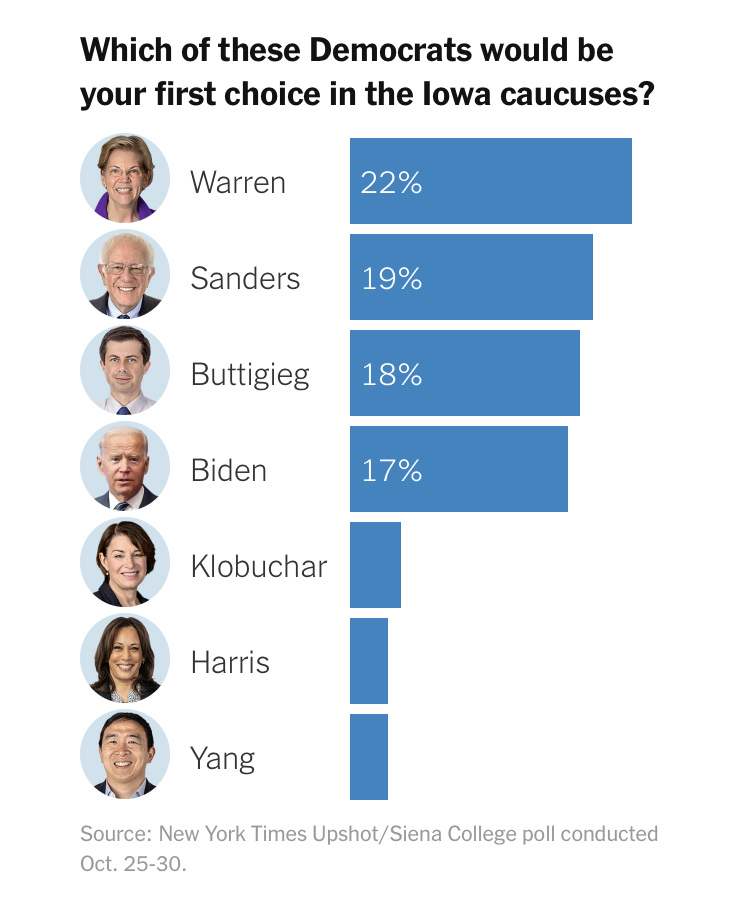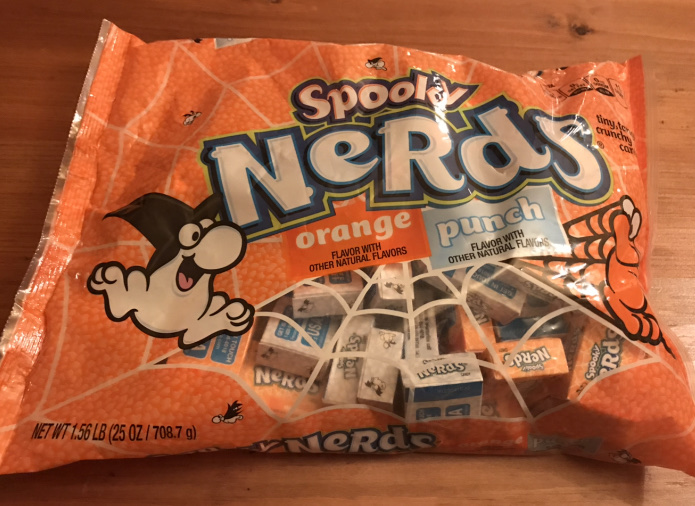God, gays and Scheer
I wrote this some time ago – you know, during that period when I was secretly running the CPC campaign.
The bar isn’t much to look at.
It’s on the tougher side of downtown, in a place where you cross the street when you see a couple guys coming your way.
There’s a big marquee out front, announcing its name, and a pair of weathered wooden doors that are open to all, but not all dare step inside.
No liquor licence. Envelopes stuffed with bills, handed over to the cops, are all that keep it open.
Whenever there’s a raid, the bar’s owners will sometimes get tipped off. Not always, but sometimes. The raids happen, ostensibly, because people gather there – people who dare not speak their name out loud.
Their sin? Dancing. The city doesn’t want them to dance together.
In the early morning hours of June 28, the cops raid the place again. There are uniformed officers outside, and some plainclothes officers inside, posing as patrons.
The cops go after one of the women in the bar, a regular. They push her and strike her. She gets mad and pushes back. They assault her some more.
A crowd has gathered out on the sidewalk, watching what the cops are doing to the woman. A cop brings his baton down on her head and she starts to bleed, a lot.
She’s mad, but not just at the cops, who are punching and kicking the bar’s patrons. As she’s being pushed into the back of a police van, the woman yells at the crowd: “Why don’t you guys do something?”
And they do. Just like that, just like a light being switched on, they do. Remembering, perhaps, all the years of bullying and beatings and actual murders, they erupt. They hit back.
By the end, they’ve trapped the cops inside the bar. And, later on, it’ll take dozens more cops to rescue them.
The bar isn’t in your town, but it could be. The raid, or something like it, doesn’t really happen in your town anymore – but it used to.
And the kind of people who would go there? They’re found in your town. Lots of them.
The bar really existed. Stonewall’s, in Lower Manhattan in New York City. Anyone could go there to dance and have a drink, but only one of kind person generally did so.
Homosexuals. Gays, lesbians. The ones who – in those days, and in these days, too – weren’t allowed to dance together. Or come together. Or even, you know, be.
The ones who would be denied jobs, or hotel rooms, because of the way they were. The ones who would be often beaten and sometimes killed for being who they were.
Their uprising that June night – that’s what that lesbian who the cops were beating called it, an uprising and not a riot – would later bear the name of the bar: Stonewall. Every year, bit by bit, in cities and towns all over, there would be a commemoration of what happened at Stonewall’s bar that night. Remembering.
In time, the remembrances bore another name. A name that described what they were really about.
Pride. Pride in being, at long last, in being who they are. Being how God made them.
Now, I don’t know Andrew Scheer all that well. He’s a family man, he goes to church. If he stayed that way, nobody would really care what he thinks about the various Pride events that happen across Canada every Summer. He’d just be another guy.
But he’s not just another guy. He’s not a nobody. He’s the leader of the Conservative Party, and he’s running to be Prime Minister.
When you’re a Prime Minister, you don’t get to pick and choose which Canadians you represent. You represent all of us, or you represent none of us.
So, I ask Andrew Scheer: are you going to be one of the guys on the sidewalk, watching and not doing anything about what you see? Or, are you going to step forward, and say: “I support you. I will help you. I will protect you. You are no better or no worse than me.”
That’s what the Pride stuff is about, really: equality. Support. Humanity.
Get off the damn sidewalk, Andrew.
People are starting to notice.


